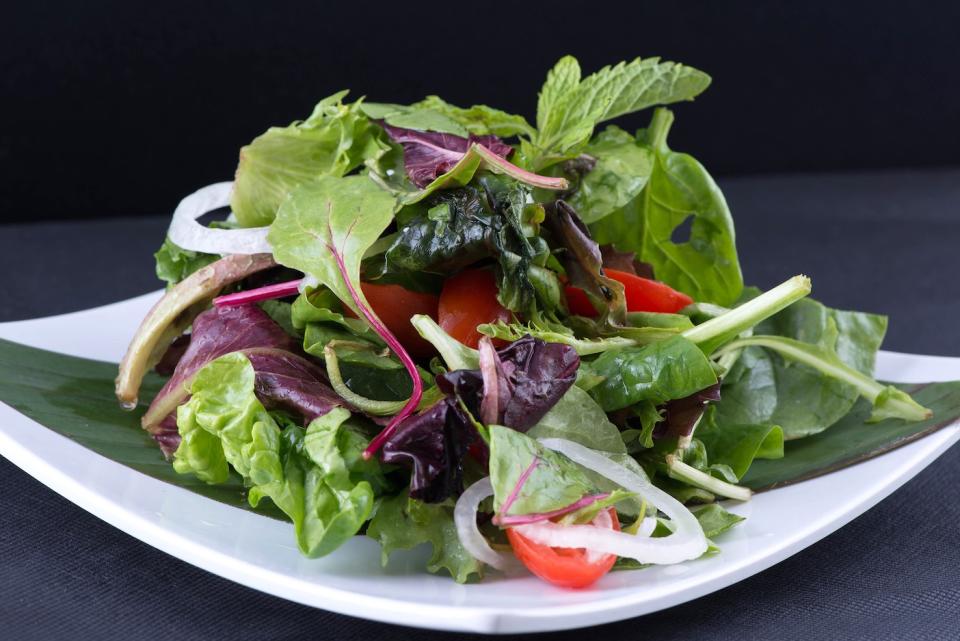Why do you need Vitamin B and where do you get it from?

B vitamins, which are a group of 8 water-soluble vitamins, play a key role in keeping you healthy. They are associated with a variety of crucial bodily functions such as cell metabolism, energy production, production of red blood cells and genetic material (DNA), and they also help maintain healthy skin, hair, eyes, nerves and muscles.
The best source of B vitamins is the food you eat, with both animal and plant foods being natural sources of these vitamins. You can also get your daily dose of B vitamins from fortified cereals and dietary supplements.
A deficiency of B vitamins can lead to a host of health problems from anaemia to muscle weakness, skin problems and mood disturbances.
The 8 B vitamins are: B1 (thiamin), B2 (riboflavin), B3 (niacin), B5 (pantothenic acid), B6 (pyridoxine), B7 (biotin), B9 (folate/folic acid) and B12 (cobalamin). However, of these, vitamins B6, B9 and B12 have greater significance for your health.

Vitamin B6
Why you need it: Helps with the metabolism of proteins, carbohydrates, fats; nerve and brain functioning; immune function
Symptoms of deficiency:
Anaemia
Skin disorders, e.g. seborrheic dermatitis
Ulcers in the mouth
Chapped lips, cracks at the corners of the mouth
Tingling or numbness in hands and feet
Irritability, confusion, depression
Food sources:
Seafood (salmon, tuna)
Poultry
Chickpeas
Leafy green vegetables
Fruits (banana, papaya, orange)
Whole grains (oats, brown rice)

Vitamin B9:
Why you need it: Helps with brain function; production of red blood cells; production of DNA; foetal development during pregnancy; protein metabolism
Symptoms of deficiency:
Anaemia
Irritability, confusion
Sore mouth and diarrhoea
For pregnant women – increased risk of birth defects, e.g. spina bifida
Food sources:
Vegetables (broccoli, brussels sprouts, leafy greens)
Legumes (beans, lentils)
Peanuts
Sunflower seeds
Fresh fruits, fruit juices
Whole grains
Liver
Seafood
Eggs

Vitamin B12:
Why you need it: Helps in the production of red blood cells; cell metabolism; production of DNA; functioning of the nervous system
Symptoms of deficiency:
Anaemia
Fatigue
Muscle weakness and poor muscle coordination
Poor cognitive function, confusion, memory loss
Nerve damage, numbness, tingling in arms and legs
Depression, mood changes
Food sources:
Fish, shellfish
Red meat, liver
Poultry
Eggs
Dairy products, e.g. milk, cheese, yogurt
Related articles:
What are the best food sources of vitamin C?


